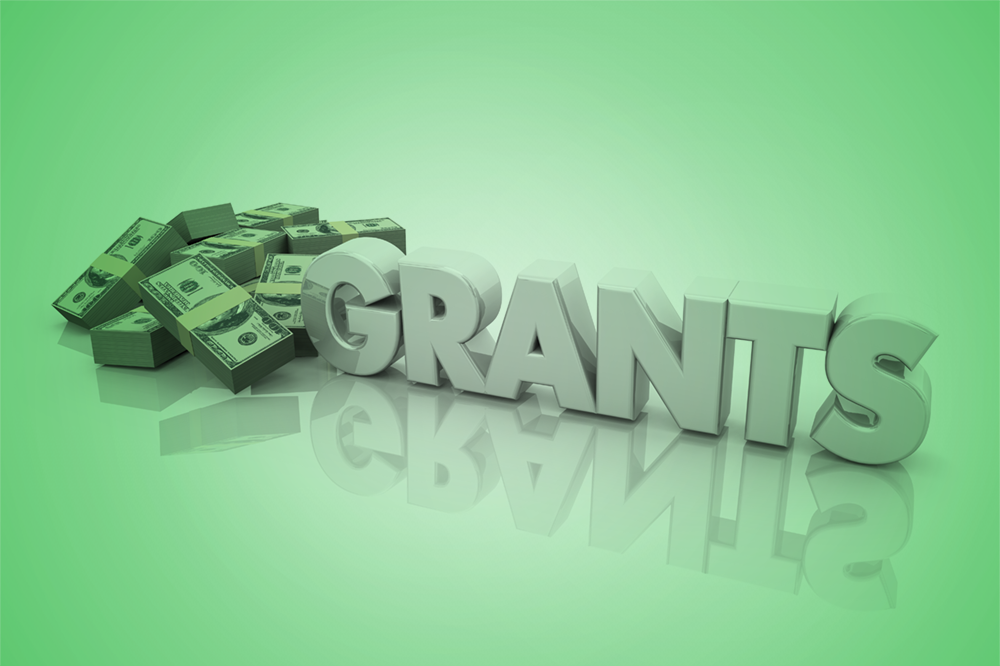
The Department of Transportation (DOT) announced a notice of funding opportunity to apply for $1 billion in FY2021 discretionary grant funding through the Rebuilding American Infrastructure with Sustainability and Equity (RAISE) grants. The deadline for applications is July 12, 2021.
RAISE, formerly known as BUILD and TIGER, is highly competitive. The maximum grant award is $25 million; up to $30 million will be awarded to planning grants, including at least $10 million to areas of persistent poverty. Regional and local governments can compete directly for multimodel transportation funding.
DOT is hosting a series of webinars during the FY 2021 RAISE grant application process. Register here for the webinars.
Treasury Updates Pre-Award Requirements
Metropolitan cities and counties that are eligible to receive a direct payment of funds from Treasury under the Coronavirus State and Local Fiscal Recovery Funds Program should prepare certain information in advance to facilitate timely payments from Treasury after the program is launched. As soon as possible, cities and counties eligible for direct payments should:
- Ensure the entity has a valid DUNS number. A DUNS number is a unique nine-character number used to identify an organization and is issued by Dun & Bradstreet. The federal government uses the DUNS number to track how federal money is allocated. A DUNS number is required prior to registering with the SAM database, which is outlined below. Registering for a DUNS number is free of charge. If an entity does not have a valid DUNS number, visit this website or call 1-866-705-5711 to begin the registration process.
- Ensure the entity has an active SAM registration. SAM is the official government-wide database to register with in order to do business with the U.S. government. All federal financial assistance recipients must register on SAM.gov and renew their SAM registration annually to maintain an active status to be eligible to receive federal financial assistance. There is no charge to register or maintain your entity's SAM registration.
If an entity does not have an active SAM registration, visit SAM.gov to begin the entity registration or renewal process. SAM registration can take up to three weeks; delay in registering in SAM could impact timely payment of funds.
Here is a quick overview for SAM registration - Gather the entity’s payment information, including:
- Entity identification number, name, and contact information.
- Name and title of an authorized representative of the entity.
- Financial institution information (i.e., routing and account number, financial institution name and contact information).
Eligible non-entitlement units of local government will receive a distribution of funds from their respective state government. “Non-entitlement units of local government” are defined in 42 U.S.C. 5302(a)(5) that are not metropolitan cities. For these non-entitlement units of local government, Treasury will allocate and pay funds to state governments, and the state will distribute funds to non-entitlement units of local government in proportion to population. Non-entitlement units must have a valid DUNS number to meet reporting the requirements under the program. If an entity does not have a valid DUNS number, visit the website or call 1-866-705-5711 to begin the registration process.
Treasury website provides COVID-19 updates
The Department of Treasury website offers the latest information about Covid-19 economic relief. To receive notifications, sign up on the right-hand side of the page.
Updates for state and local governments include new guidance on the Homeowner Assistance Fund and a notice that eligible entities must submit a notice of funds request to Treasury by April 25, 2021. Eligible entities include states, the District of Columbia, Puerto Rico, Guam, American Samoa, the U.S. Virgin Islands, and the Commonwealth of the Northern Mariana Islands.
On March 26, Treasury revised its FAQs and grantee award terms for the $25 billion Emergency Rental Assistance Program, noting that additional guidance is forthcoming.
Treasury has established an Office of Recovery Programs to lead its implementation of economic relief and recovery programs, including nearly $420 billion in programs from the American Rescue Plan Act. The office’s chief recovery officer, Jacob Leibeluft, will serve as lead administrator and advisor to the secretary and deputy secretary on recovery program implementation.
Strategic planning for the future
To use the influx of federal funds to strengthen their community for the next generation, local government leaders are thinking strategically. They are revisiting their community’s investment priorities and unmet needs, assessing opportunities, identifying and convening stakeholders, and making sure their accounting systems are ready to track and meet the compliance requirements.
Asking the right questions now can pay dividends 10 years from now. How can your community develop the workforce it needs for the emerging economy? What equity gaps have become more evident during the pandemic and how can they be addressed? In the weeks ahead, ICMA will share information about leading practices and will facilitate discussions among managers to share ideas and challenges with each other.
New, Reduced Membership Dues
A new, reduced dues rate is available for CAOs/ACAOs, along with additional discounts for those in smaller communities, has been implemented. Learn more and be sure to join or renew today!
